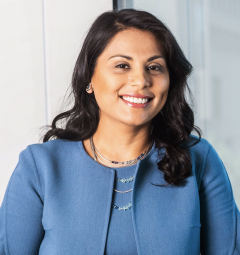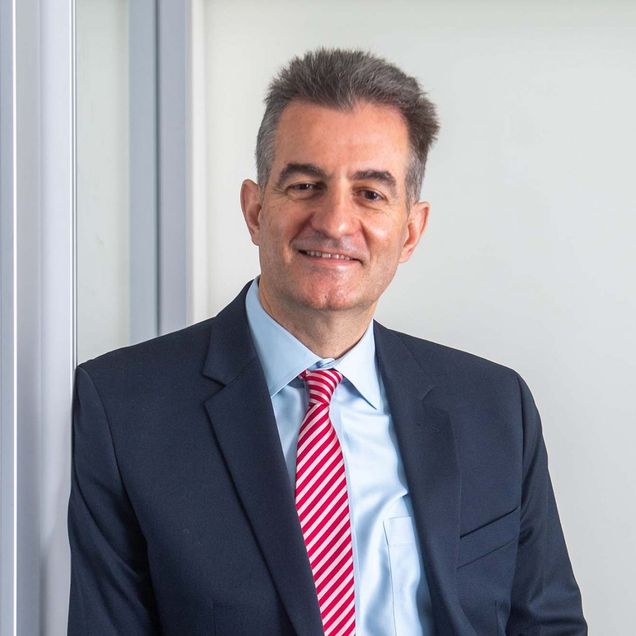BEACON Launches Today, Delivering AI-powered Global Disease Surveillance
Infectious diseases are emerging and re-emerging at an unprecedented rate, with profound impacts on global health. In just the first three months of 2025, the U.S. recorded as many measles deaths as it did in the previous 24 years combined. New zoonotic diseases, naturally transmissible between humans and animals, continue to emerge with alarming regularity. COVID-19 illustrated how an outbreak in one region can quickly become a global crisis.
To improve awareness and response to infectious diseases threats, researchers at Boston University and Boston Children’s Hospital are launching the Biothreats Emergence, Analysis, and Communications Network (BEACON).
BEACON is a first-of-its-kind, open-source global surveillance platform built to detect emerging infectious diseases in near real time, worldwide. The platform merges the power of artificial intelligence (AI) with a global network of human subject matter experts to provide fast, verified alerts to potential outbreaks. Housed at Boston University’s Center on Emerging Infectious Diseases, BEACON is operated in partnership with the Hariri Institute for Computing and Data Sciences at Boston University and HealthMap at Boston Children’s Hospital.

“Infectious diseases don’t respect borders,” says Nahid Bhadelia, MD, Director of BEACON, Founding Director of BU’s Center on Emerging Infectious Diseases (CEID), and a former member of the White House COVID-19 response team (2022-2023). “If a new threat arises, one of the most important steps to ensuring we have rapid response is to raise global awareness.”
Real-Time, Contextual Intelligence
BEACON combines the analytical power of generative AI with human expertise to detect, verify and alert early signals of disease threats. To flag potential signals of outbreaks, the platform continuously scans vast streams of global data, including news reports, public health advisories, and even social media. These signals are then verified by human moderators with local and domain-specific knowledge. This human-in-the-loop system ensures both speed and accuracy.

The technical backbone of BEACON is a generative AI system developed by Yannis Paschalidis, PhD, Director of the Hariri Institute and a BEACON Co-Director, with his team of graduate student researchers. Using a sophisticated AI pipeline, the system processes all the signals captured by BEACON, filtering and organizing them using machine learning and purposely-trained Large Language Models (LLMs).
The pipeline ensures information accuracy and efficiency through AI-assisted workflows that direct signals to subject matter experts for verification before dissemination on BEACON. The platform’s integration of machine learning and LLMs was done with the help of the Software & Application Innovation Lab (SAIL), a software design and development lab for data-driven BU research projects.
“BEACON isn’t about just automating the tasks of subject matter experts but also augmenting our ability to quickly rank new threats and assess credibility of sources,” says Paschalidis. “It’s an iterative process between BEACON experts and the PandemIQ Llama large language model that we have trained to power BEACON. The feedback from the experts is used to periodically train and fine-tune the LLM, while the LLM adapts and improves their workflow and the information they share.”

BEACON currently has a growing network of subject matter experts across North & South America, Europe, & Asia, with plans to add more in other regions.”With the combined expertise of our global network of human subject experts and the power of LLMs, we aim to create a hub where people feel confident sharing information and observations,” says Britta Lassmann, MD, a BEACON Co-founder and the Chief Medical Officer of the digital medical company Global Second Opinion. “This will enhance BEACON’s reporting capabilities and support its mission to serve as a global public good.”
The majority of online signals received by BEACON come from HealthMap, a real-time disease tracking and mapping database developed at Boston Children’s Hospital that scrapes the internet hourly, collecting input from a diverse variety of sources spanning 17 languages.

“The launch of BEACON represents an exciting evolution in the field of infectious disease surveillance,” says John Brownstein, PhD, Chief Innovation Officer at Boston Children’s Hospital, Professor of Pediatrics and Biomedical Informatics at Harvard Medical School, and a BEACON Co-Director. “By integrating HealthMap’s decades-long experience in real-time epidemic monitoring with BEACON’s novel AI-driven architecture, we’re creating a uniquely powerful, open-source tool for rapid detection and contextualization of emerging threats.”
BEACON has already received $6 million in funding support, including contributions from the National Science Foundation, the Gates Foundation, additional private donors, and Boston University.
“BEACON comes at a time when global collaboration is more critical than ever, especially as new biological threats continue to emerge,” says Bhadelia. “As we face the future, we must do so with tools that match the speed and complexity of the challenges ahead. BEACON is our commitment to a safer, more connected world.”
![]() Learn more about BEACON in the story on The Brink.
Learn more about BEACON in the story on The Brink.
